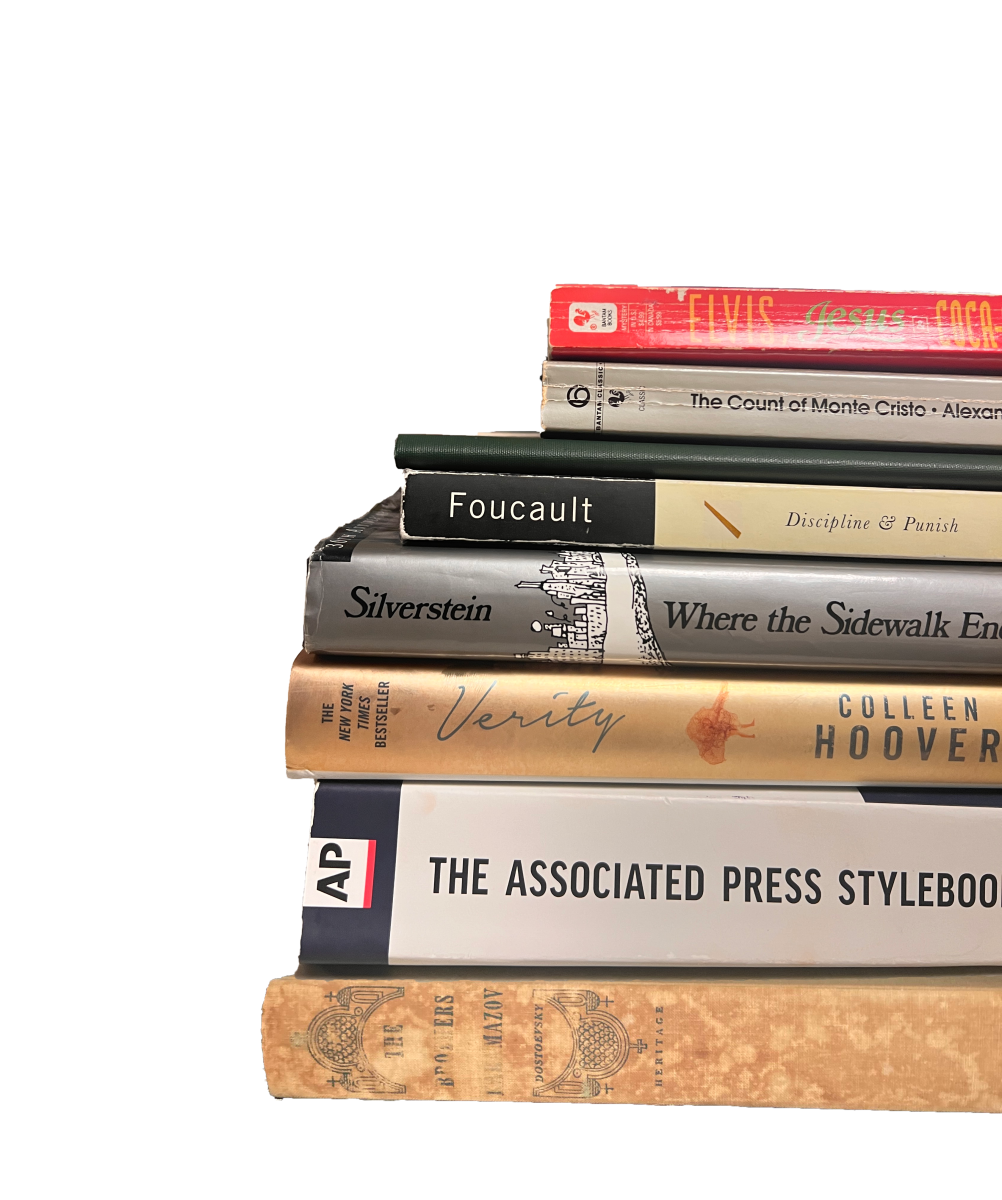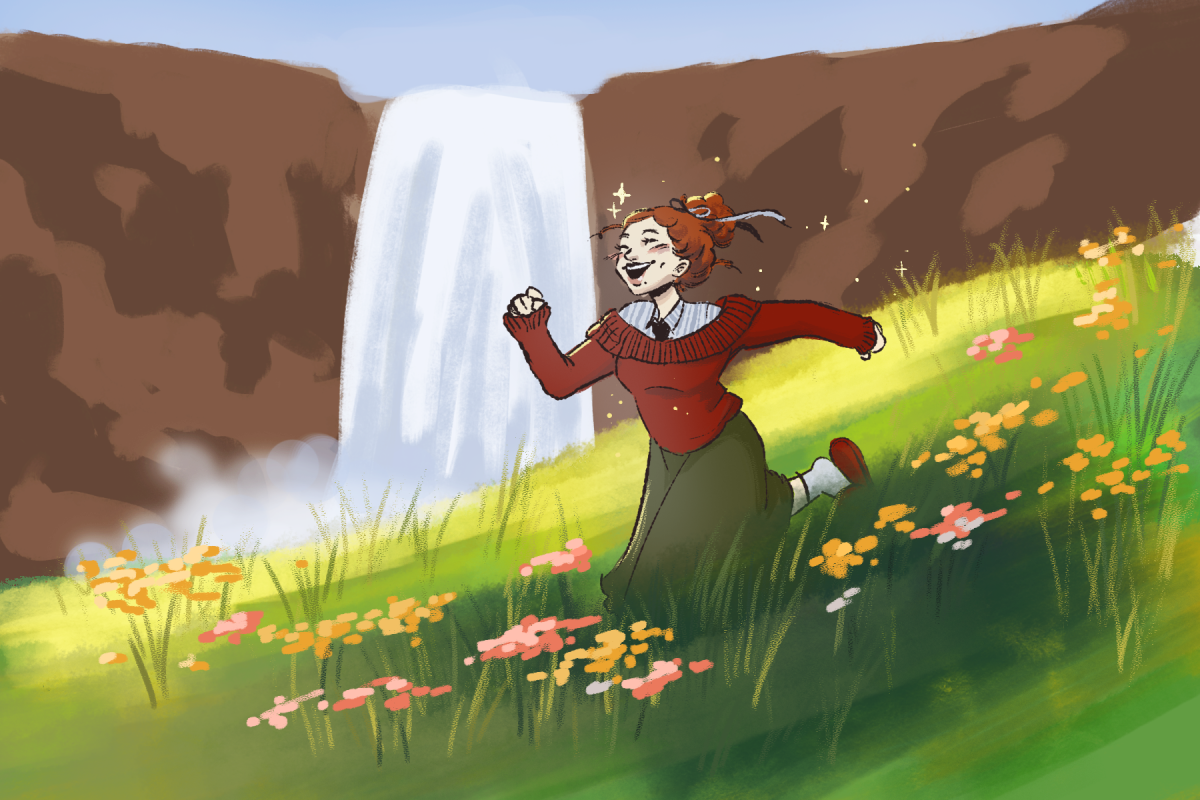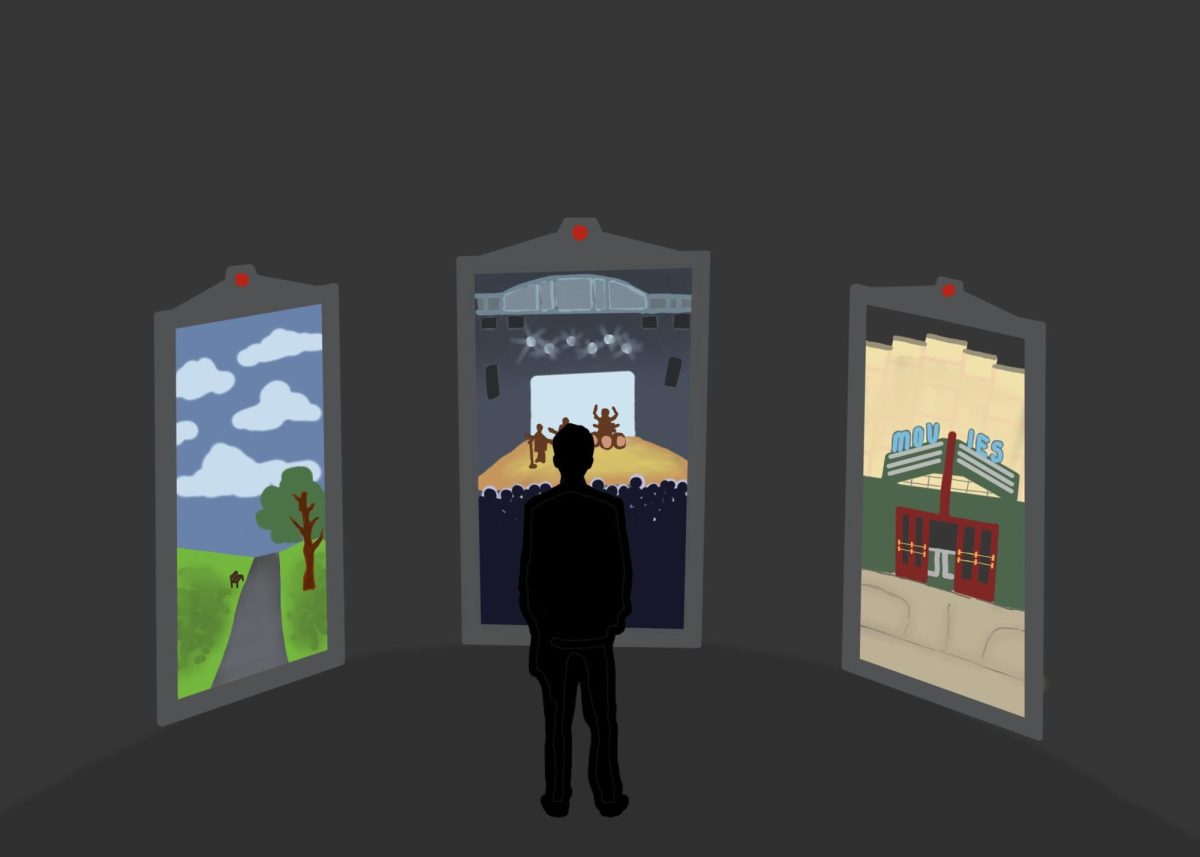It’s often said that to be a good writer, one must be a habitual reader. Here at The Battalion opinion desk, we couldn’t agree more. Priding ourselves on our bookishness, we can’t help but share our latest library finds with any poor unsuspecting person who will listen.
So, here it is; our reading recommendations; the books that have managed to win our affection, and hopefully, yours too.
“Discipline and Punish” by Michel Foucault
Do we really need prisons? Are our methods of punishment more humane than those that came before? What does the way we treat the incarcerated say about our society? Hard questions often yield uncomfortable answers — and these are no exception.
In “Discipline and Punish,” Foucault traces the origins of the modern prison back to an age when conviction meant torture or execution. The result is a captivating narrative which must be wrestled with by prison advocates, reformers and abolitionists alike.
Certainly not a light read, but rewarding nonetheless.
Opinion Editor Caleb Elizondo, @CalebElizondo7
“The Brothers Karamazov” by Fyodor Dostoevsky
“The Brothers Karamazov” follows the messy aftermath of the patricidal murder of Fyodor Pavolich. Through the lives of Fyodor’s three sons, Dmitri the sensualist, Ivan the intellectual and the ever-so-pious Alyosha, Dostoevsky uses the haunting narratives of insanity and depravity to explore the deepest crevices of human nature.
Throughout this gripping murder mystery, Dostoevsky weaves together themes of divinity, atheism, guilt and redemption, and directly confronts the age-old questions of the meaning of suffering and if there is no God, is everything permitted?
After reading this theological and philosophical masterpiece, you can’t help but agree with Albert Camus that “the real 19th-century prophet was Dostoevsky, not Karl Marx.”
Assistant Opinion Editor Ryan Lindner, @RyanLindner12
“Elvis, Jesus & Coca-Cola” by Kinky Friedman
Have you ever wanted to read a book written by a Jewish cowboy living in New York? Likely not, but that’s the niche Kinky Friedman fills. It’s a hilarious, witty, decidedly not-PC narrative that feels somewhat like the fever dream you would have if you drifted off reading Oscar Wilde while Seinfeld played in the background.
I’ll leave you with a quote from chapter 18: “I showed the letter to the cat. The cat half closed her eyes, a sure sign of agreement, communication, or, possibly, ennui. It crossed my desk that at this moment there were, very probably, men masturbating in mental hospitals who, in their quite ample spare time, showed letters to cats.”
Opinion Columnist Charis Adkins, @Charis_Batt
“Where the Sidewalk Ends” by Shel Silverstein
I received this book of poems for my fourth birthday and it still makes me smile 16 years later.
Whenever my brain feels numb due to endless textbooks and scholarly articles, I find myself drawn to this treasure of unfiltered imagination and eccentric wit. From cautionary tales to questionable recipes, each page is a journey of lyrical genius — think fever dream meets a slightly macabre Dr. Seuss. Ever wondered how to make “me-stew?” Or what a “Bloath” is? Silverstein tells all and does not disappoint. Don’t be fooled, however, as each unassuming quirk and quip masterfully conveys real-world lessons dealing with themes like morality and self-acceptance.
If you find yourself weary of the mundane, this collection of unconventional poetry provides the perfect escape.
Opinion Columnist Ana Sofia Sloane, @anasofiasloane
“The White Pill: A Tale of Good and Evil” by Michael Malice
A sense of perpetual worry about whether the good guys will win has lived in the minds of historians and political activists forever.
In this vivid telling of the rise and fall of the Soviet Union, Malice outlines the grueling, inhumane reality of Stalinist and Leninist Russia, but not without mentioning the stories of those who fought hard against the powerful totalitarian system.
“The White Pill” is a fascinating historical rollercoaster that’ll leave you with a glaring sense of government distrust, but hope in the goodness of people.
Opinion Writer Valerie Muñoz, @Val4Batt
“Verity” by Colleen Hoover
The new famed white woman writer of the year, Colleen Hoover struck again with her first attempt at a thriller through “Verity” in 2018. With her common tropes and relatable characters of lustful male protagonists catered to the female gaze, she stirs her female adolescent audience with an addictive suspense turned psychotic thrill.
This book had me hooked on the first chapter with an immediate death illustrated in a detail that was not quite Stephen King gore, but enough to make you uncomfortable. This continues to keep you engaged with that same dramatic suspense of unending crazy twist. “Verity” resurrected my love for thrillers and I will continue to favor this genre in future reads.
Opinion Writer Saanya Troutman, @Saanyalache
“The Count of Monte Cristo” by Alexandre Dumas
Are you looking for a satisfying tale of justice, painful romance, swashbuckling adventure and fancy French people? Then this is the book for you.
Set in Napoleonic France, this book tells the story of wide-eyed sailor Edmond Dantes who is wrongly imprisoned and, thus, cultivates a thirteen-year-long plot of revenge along with the aid from a mysterious and obscenely wealthy count who shares a rather close relation to our young protagonist.
This story explores redemption and love, ingenuity and self-transformation, but most importantly, the lengths one will go to enact vengeance, along with its price.
This book is basically Batman but French and better.
Opinion Writer Lilia Elizondo, @LiliaElizondo05
“Tuesdays with Morrie” by Mitch Albom
This is a quick read almost anyone could knock out in a day or two, however, that doesn’t take away from how raw, intimate or tragic this memoir truly is.
Detailing the events of a young man who visits his former sociology professor every Tuesday as his weakened body slowly ebbs away offers a gateway into a subject most people have a hard time even discussing: death.
Making 14 different trips to professor Morrie’s house, Mitch takes the reader along with him as Morrie reveals a separate, yet equally valuable life lesson with each visit all while the inevitable ticking clock grows louder with each passing week.
Opinion Writer Benjamin Barnes, @Ben_Batt24
















